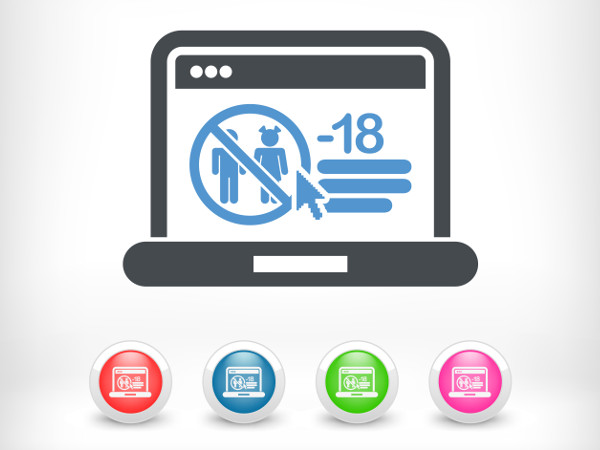Research: Internet Filters Don’t Protect Children
OXFORD, England –  The effectiveness of internet filters is “dubious,” and resources would be better spent trying to develop minors’ resilience when presented with pornography and other potentially harmful material, according to new research from the Oxford Internet Institute at Oxford University.
The effectiveness of internet filters is “dubious,” and resources would be better spent trying to develop minors’ resilience when presented with pornography and other potentially harmful material, according to new research from the Oxford Internet Institute at Oxford University.
More specifically, the study found no link between internet filters and protecting teenagers from exposure to uncomfortable, frightening or erotic content.
The research team, led by Andrew Przybylski, PhD, and Victoria Nash, PhD (who serves as OII’s Deputy Director and Policy and Research Fellow), analyzed Ofcom data from 1,030 interviews in the homes of 515 12- to 15-year-olds across the U.K. The sample included an equal number of boys and girls. Researchers also interviewed the parents about whether they had used technical tools to control or manage their children’s access to online content.
Nearly one in six, or 14 percent, of the teens interviewed reported they had experienced at least one exposure to inappropriate online content they would class as “significant” in the past year; 8 percent said they had been contacted online by someone they did not know who wanted to be their friend. Around 4 percent said they had encountered another person pretending to be them online. Two percent saw something of a sexual nature that made them uncomfortable; 3 percent reported seeing or receiving a video or comment that scared them.
Meanwhile, only one-third of the parents said they employed content filters, with two-thirds saying they did not. One quarter of the parents did not know how to use or were unaware of filter technology at the time of the interview.
The findings, published in the March 14 edition of the Journal of Pediatrics, indicated the use of internet filtering in the home did not mitigate the risk of young people having unpleasant online experiences. Furthermore, technical ability to bypass filters had no observed effect on the likelihood of such experiences.
The researchers said the findings were unexpected, as the results do not support the clear presumption that internet filters in the home effectively protect teenagers.
British internet providers have been required to filter internet content for porn and other potentially harmful material since 2013. In the U.S., several state legislatures are considering bills that would require device manufacturers to install filters on all internet-enabled gadgets before they can be sold.
According to the researchers, though, such technology is costly to develop and maintain, and even sophisticated filters can accidentally block legitimate content. The researchers said their main concern is that filters may “over-block” searches for information about issues that are important for teens, such as alcohol, drugs, sexual relationships, health and identity, and may even have a “disproportionate” effect on vulnerable groups such as lesbian, gay, bisexual and transgender teens. They also noted the use of filters could lead to “chilling effects” whereby young people pre-empt filtered results by self-censoring what they view.
“Given the risks of preventing access to legitimate information associated with internet filtering, our children and teenagers deserve to know that we have clear evidence for whether they are effectively protected before asking them to accept such restrictions,” Nash said.
Instead of a policy emphasis that prioritizes internet filters in the home, the research report suggests focus would be better placed on educating and supporting teens about viewing online material responsibly, especially given increasing use of mobile devices outside the home. The main emphasis should be on how teenagers manage online experiences that make them feel uncomfortable or scared, the researchers concluded.
“Parents may feel reassured in knowing they have internet filters in their home, but our results suggest that such filters do not safeguard against young people seeing things that may frighten or upset them,” Przybylski said. “We strongly believe that there is a need for more evidence to provide guidance on keeping young people safe online so policymakers, parents and those concerned with educating young people can support them in an appropriate way.
“The data suggests that future research needs to look carefully at the long-term value of filters and see whether they protect young people at a wider range of ages,” he added.
One Comment
Leave a Reply
You must be logged in to post a comment.











Pingback: Research: Internet Filters Don’t Protect Children – TripleXers Blog